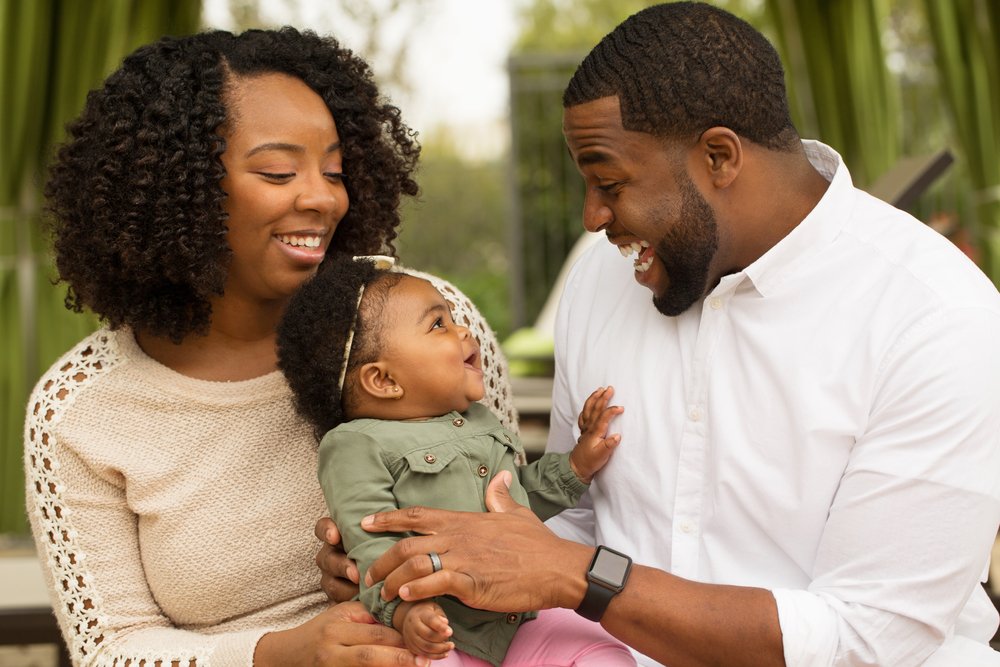Why do, all of a sudden, adults become fluent in “motherese” or baby-talk when there’s a baby in the proximity?
Key Points:
1. Baby-talk, characterized by melodic tone, simplified speech, and emotional intonation, attracts a baby’s attention, fosters linguistic development, aids in social development, and shows affection, benefiting the baby’s overall development.
2. Research supports the positive impact of baby-talk, with findings that it enhances speech perception in infants and contributes to their linguistic and emotional understanding.
When you find yourself in the company of young children, be it your kids, a friend’s, or just the cute baby in their mother’s arms that you crossed at the coffee shop, chances are you have experienced that automatic and hard to ignore the temptation to engage in the caricatured “baby-talk” with them. What has science got to say about this phenomenon? And beyond its cuteness, is it actually beneficial for your baby’s linguistic and social and emotional development?
Defining baby-talk
When adults talk to babies and prelinguistic infants, no matter what part of the world they are in or what language they use (anthropologists have found it in native communities from Sri Lanka to Siberia), their speech gravitates towards using some particular features of what is formally known as “infant-directed speech”. This form of addressing infants is characterized by being an emotionally charged and melodic tone with a higher pitch than usual. Vowels are stretched out, sentences are simplified, and facial gestures and emotional intonation are stressed. These characteristics of baby-talk are particularly emphasized by adults when they are addressing very young babies and naturally decrease as children grow and their language skills develop.
Developmental psychologists assert that when the surrounding adults engage in baby-talk with infants it is beneficial to their development in various ways! We have prepared an overview of some of them.
Benefits of using “infant-directed speech”
- Attracts the baby’s attention. Usually, baby-talk is accompanied by expressive movements of the face, heightened body language, and other attention-gaining techniques.
- Fosters linguistic development. Because it involves hyper-articulation, shortening and simplifying phrases, and vowel exaggeration, this infant-directed speech helps babies locate the boundaries of each word inside a sentence, and learn some auditory patterns specific to the language being used.
- Social development. This type of interaction aids babies in understanding and distinguishing emotional cues inside of speech. Researchers have found that when adults listened attentively to a foreign language, they were better at identifying the speaker’s emotion when they spoke in baby-talk compared to the normal range and tone of voice.
- Shows affection. The soothing and friendly sounds of baby-talk can help to foster a positive relationship between parent and infant.
In 2003 neuroscientists from the University of Washington observed the link between maternal speech clarity and infant speech perception (6-12 months old) in an experiment, and discovered that moms who insisted on each vowel had babies who did better on the speech perception test, even after controlling socioeconomic aspects (like maternal level of education). So, the pros of using baby-talk go well beyond how heart-melting it might be to talk with a baby, the science is pretty consistent about it!








